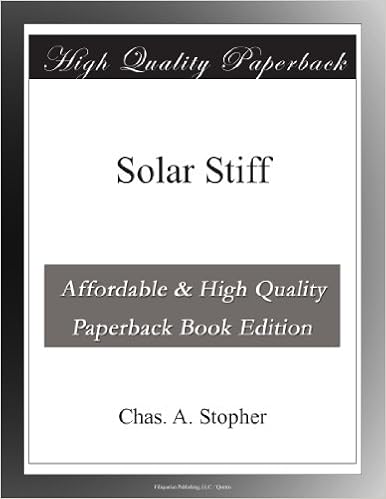
“So far, the difference between us and them is barely measurable.” The Alliance to Rescue Civilization, a project started by New York University chemist Robert Shapiro, contends that the inevitability of any of several cataclysmic events means that we must prepare a copy of our civilization and move it into outer space and out of harm’s way-a backup of our cultural achievements and traditions. “The dinosaurs died out because they were too stupid to build an adequate spacefaring civilization,” says Tihamer Toth-Fejel, a research engineer at the Advanced Information Systems division of defense contractor General Dynamics and one of 85 members of the Lifeboat Foundation’s space-settlement board. Climate change is already a major factor in human affairs, for instance, and our planet has undergone at least one previous mass extinction as a result of asteroid impact. None of the threats we face are especially far-fetched. Additionally, the world could end by way of deadly pathogen, nuclear war or, as the Lifeboat Foundation warns, the “misuse of increasingly powerful technologies.” Given the risks humans pose to the planet, we might also someday leave Earth simply to conserve it, with our planet becoming a kind of nature sanctuary that we visit now and again, as we might Yosemite. Some scenarios have climate change leading to severe water shortages, the submersion of coastal areas, and widespread famine. The Center for Research on the Epidemiology of Disasters, an international humanitarian organization, reports that the onslaught of droughts, earthquakes, epic rains and floods over the past decade is triple the number from the 1980s and nearly 54 times that of 1901, when this data was first collected. The amount we consume each year already far outstrips what our planet can sustain, and the World Wildlife Fund estimates that by 2030 we will be consuming two planets’ worth of natural resources annually. Given the risks humans pose to the planet, we might someday leave Earth simply to conserve it.Many of the threats that might lead us to consider off-Earth living arrangements are actually man-made, and not necessarily in the distant future. A recent report by the Lifeboat Foundation, whose hundreds of researchers track a dozen different existential risks to humanity, likens that one-in-300,000 chance of a catastrophic strike to a game of Russian roulette: “If we keep pulling the trigger long enough we’ll blow our head off, and there’s no guarantee it won’t be the next pull.”

Indeed, in 1989 a far smaller asteroid, the impact of which would still have been equivalent in force to 1,000 nuclear bombs, crossed our orbit just six hours after Earth had passed. Moreover, at least a third of the thousand mile-wide asteroids that hurtle across our orbital path will eventually crash into us, at a rate of about one every 300,000 years.

We know that in two billion years or so, an expanding sun will boil away our oceans, leaving our home in the universe uninhabitable-unless, that is, we haven’t already been wiped out by the Andromeda galaxy, which is on a multibillion-year collision course with our Milky Way. Earth won’t always be fit for occupation.


 0 kommentar(er)
0 kommentar(er)
